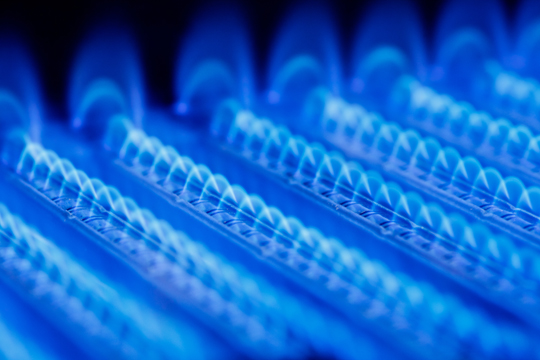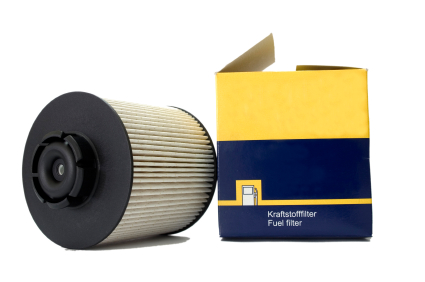Many homeowners use central heating gas to keep their homes warm during the winter months. These heating systems are effective and economical.
If your house is not connected to the central gas network, you can opt to use liquid petroleum gas (LPG) or heating oil, which must be supplied to you every time you run out.
Sometimes, you may need to install heating vents in your home for central gas heating, but most of the time, central gas heating works well on its own.
Pros of Central Heating Gas
Since gas is a very efficient source of energy, you get a good return on your money for every unit of gas that you purchase. Most modern boilers that condense can give you as much as 90% return of energy as opposed to standard boilers. In most cases, gas is supplied directly into your home, so you don’t need to store any gas in your house, which is a positive safety factor.
Gas is also the most widely used heating fuel, so if your heating system fails, it’s fairly easy to find a professional to rectify the problem. Thus, central heating gas systems are economical and easy to maintain.
Cons of Central Heating Gas
The downside of using gas to heat your home is that gas prices are rising, and they are likely to remain high. Countries must compete with each other for gas prices and this drives up the cost of fuel.
Additionally, installing a central heating gas system on your own can be expensive and disruptive. Also, if you are not connected to the gas network, connecting your home can be quite costly.
Need a Gas Expert?
Here at TalkLocal, we make sure that you can get the help that you deserve. Give us a call today and see how we can assist you with all your heating and cooling needs!









